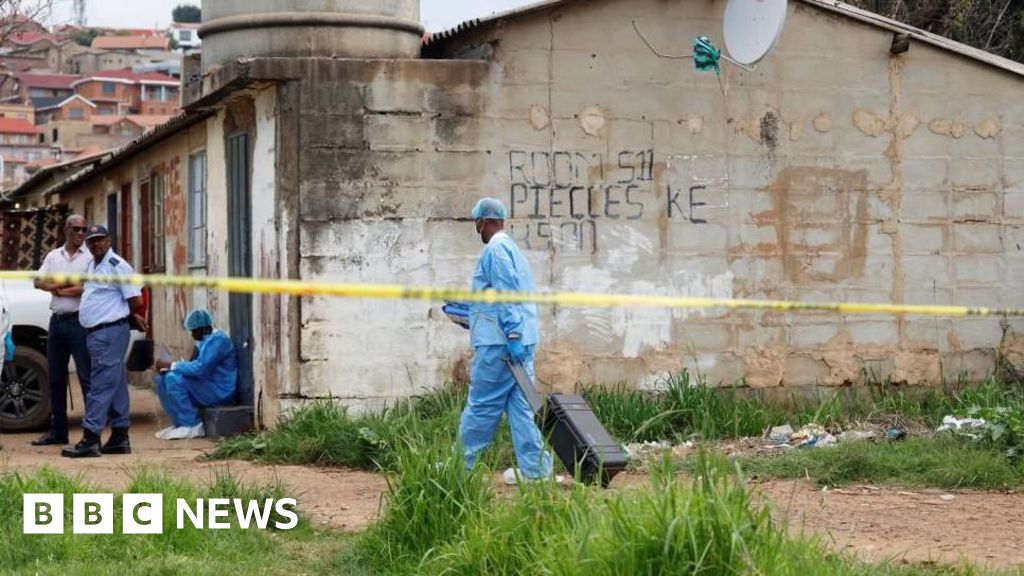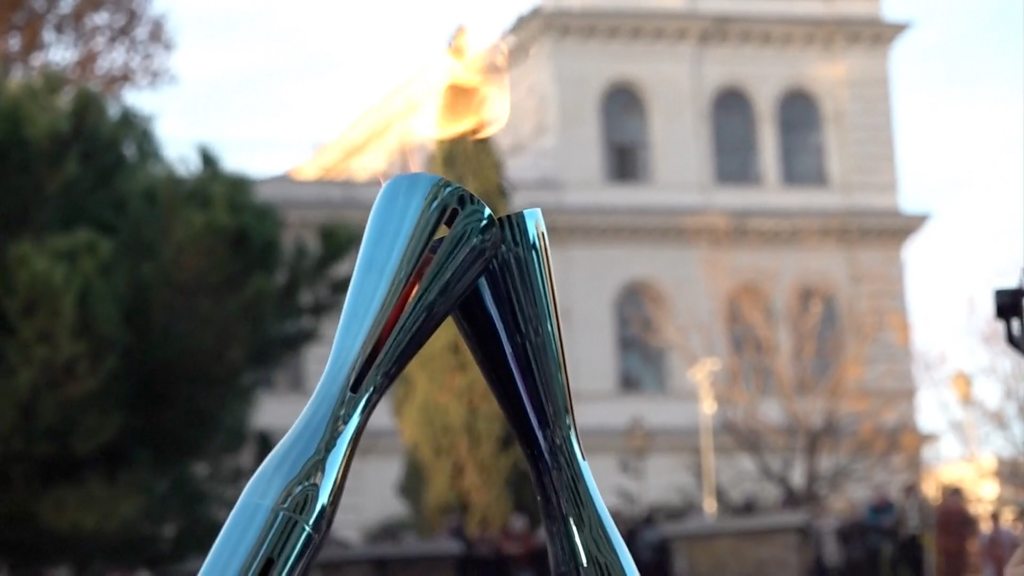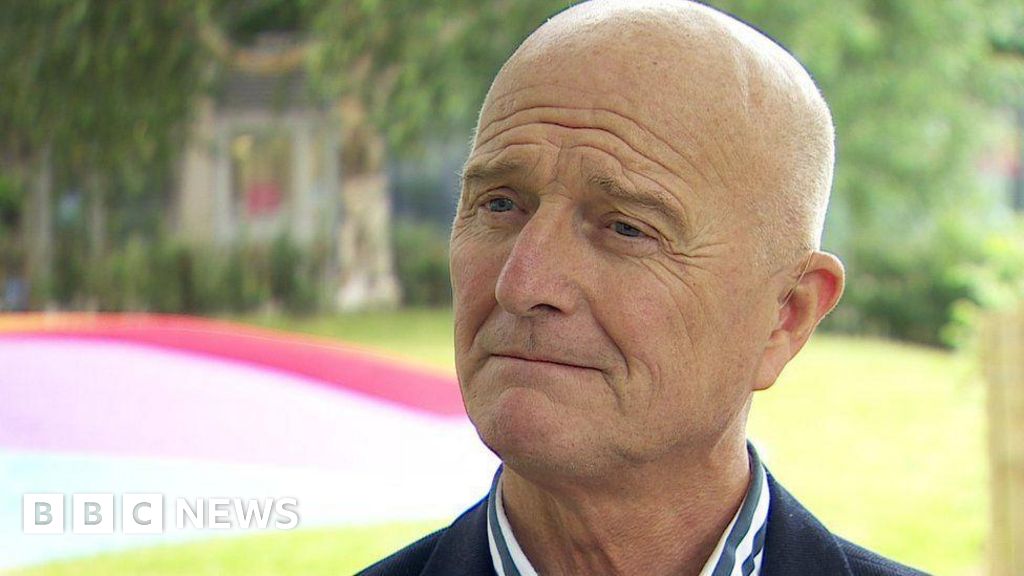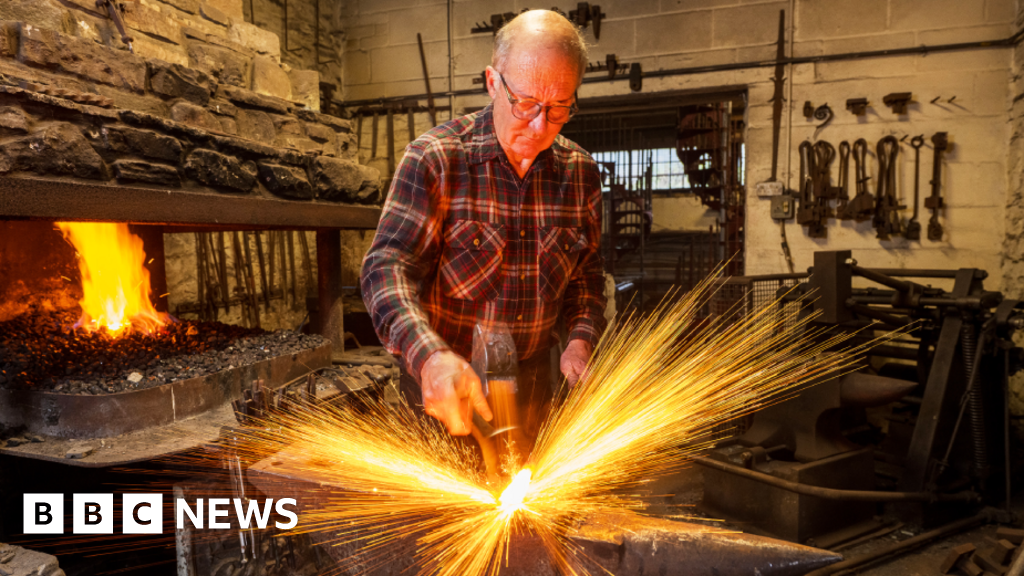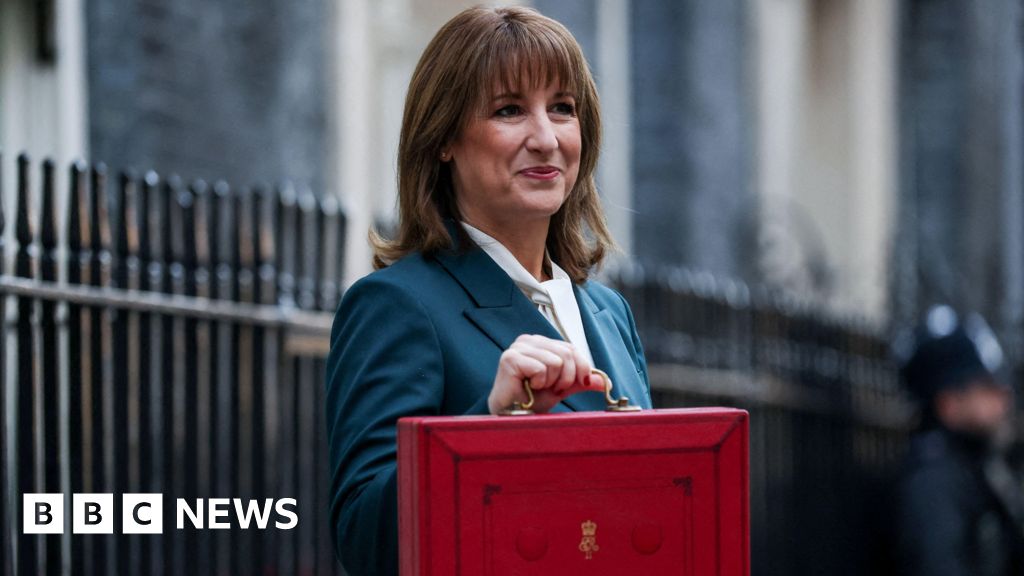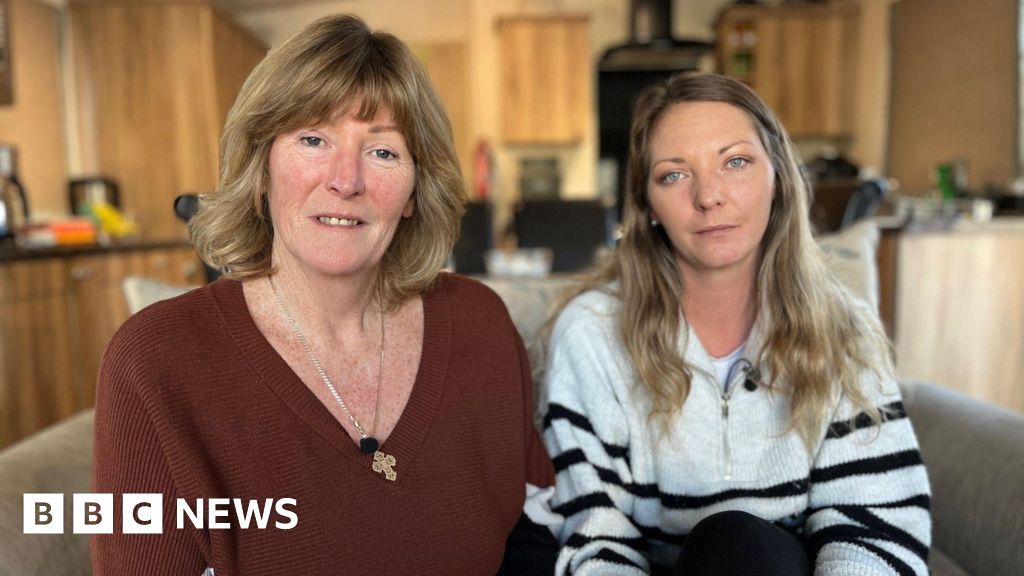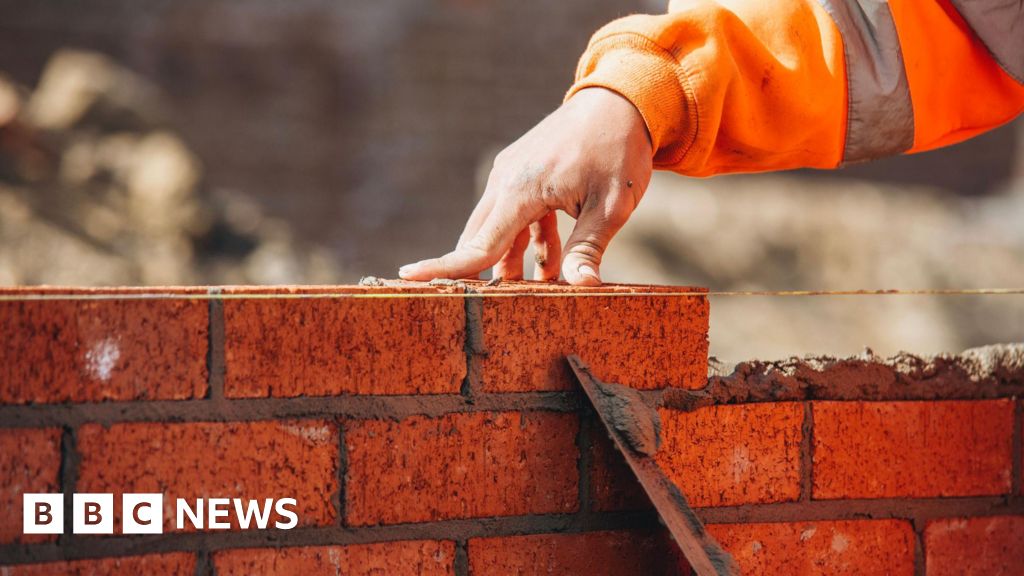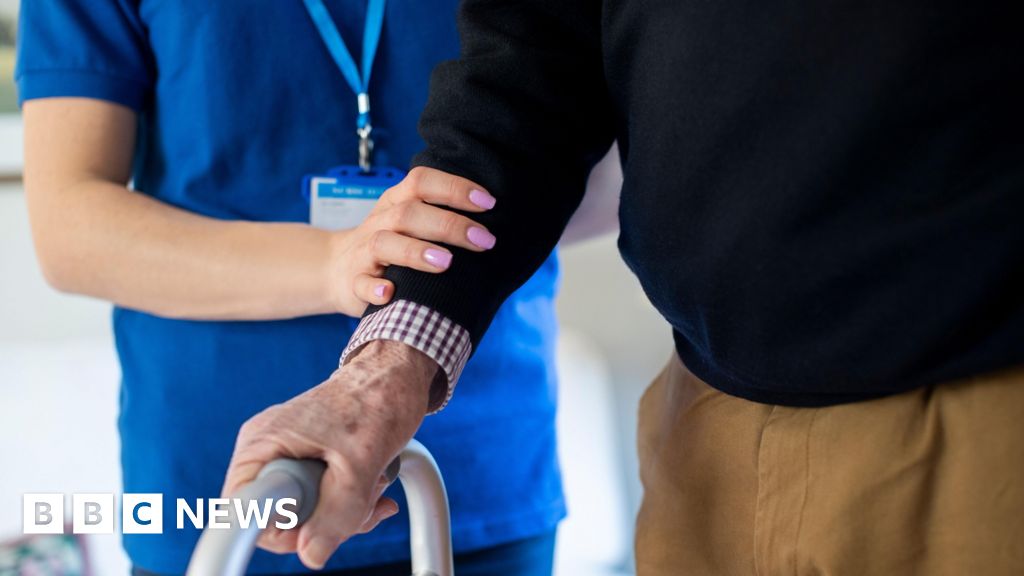 Getty Images
Getty ImagesThe Scottish government is widely expected to drop its flagship plan for a National Care Service.
Social Care Minister Maree Todd will update Holyrood later on the future of the proposals, which have already been delayed and do not have sufficient support to get through parliament.
The original plan was to transfer social care responsibility from councils to a new national board.
But a source told BBC Scotland News that key proposal would be dropped in favour of an advisory board.
Some smaller reforms in the National Care Service Bill that have cross-party support are expected to become law.
Former First Minister Nicola Sturgeon described plans for the National Care Service as the most ambitious reform since devolution when it was announced in 2021.
Ministers said the service, inspired by the NHS, would end the “postcode lottery” in care provision and ensure “consistently high-quality care”.
But opposition parties have repeatedly questioned whether the Scottish government could afford to set up and manage the service effectively.
Council body Cosla and trade unions have withdrawn their support for the project, while a number of health boards and care organisations have also expressed serious concerns.
The Scottish Greens also withdrew their backing in October last year, meaning the SNP no longer had enough support to get the measures through Holyrood.
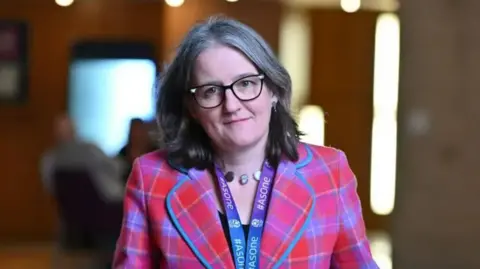 Getty Images
Getty ImagesWhen the plans were further delayed in November, First Minister John Swinney said more time was needed to consider views and “get the proposals right”.
However Swinney side-stepped a question on whether the government would formally scrap the plan ahead of this week’s statement.
He added that while there was a consensus that social care needs to improve, there was not “a consensus about how we go about doing that”.
Todd insisted she was “absolutely committed” to the plans after the latest delay was announced.
Health secretary Neil Gray said the plans had been “delayed, not scrapped”.
Rachel Cackett, chief executive of the Coalition of Care and Support Providers, said she now expected “significant” sections of the bill to be removed in the latest announcement.
She told the BBC’s Good Morning Scotland programme: “The main parts of the bill were to enact the recommendations made during Covid when everyone is out clapping for social care.
“This is a bill that was meant to be about improving the support that people get in their homes and their communities every single day.
“What we have ended up with is a bill that needed work, where the right people were not spoken to at the right moments and actually now we have got into the politics of a government almost in the last year of its term trying to do a major reform, that’s never where any government wants to be.”
Anne’s law
Some smaller reforms do retain support at Holyrood and could be passed in a stripped down version of the bill.
Anne’s Law, which would allow people in care homes to receive visits from a named love one even in restricted measures, is expected to pass as part of the proposed legislation.
It is named after Anne Duke, who died aged 63 in November 2021 after being cut off from her family while battling early-onset dementia during the Covid pandemic.
Her family has campaigned for a change in the law, which was put into national standards in March 2022.
A proposal for a national social work agency to provide a national standard for that area of care is expected to pass too.
The right to breaks for unpaid carers and new rules on the sharing of information in the care system between health and social care are expected to remain in the bill as well.
SNP ministers said in October that almost £30m had been spent on plans for the care service.
The UK government also says it has ambitions to set up a National Care Service.
However, a report on long-term funding arrangements for social care in England is not expected to be published until 2028.
Labour Health Secretary West Streeting has warned it will “take time” to “finally grasp the nettle on social care reform”.



